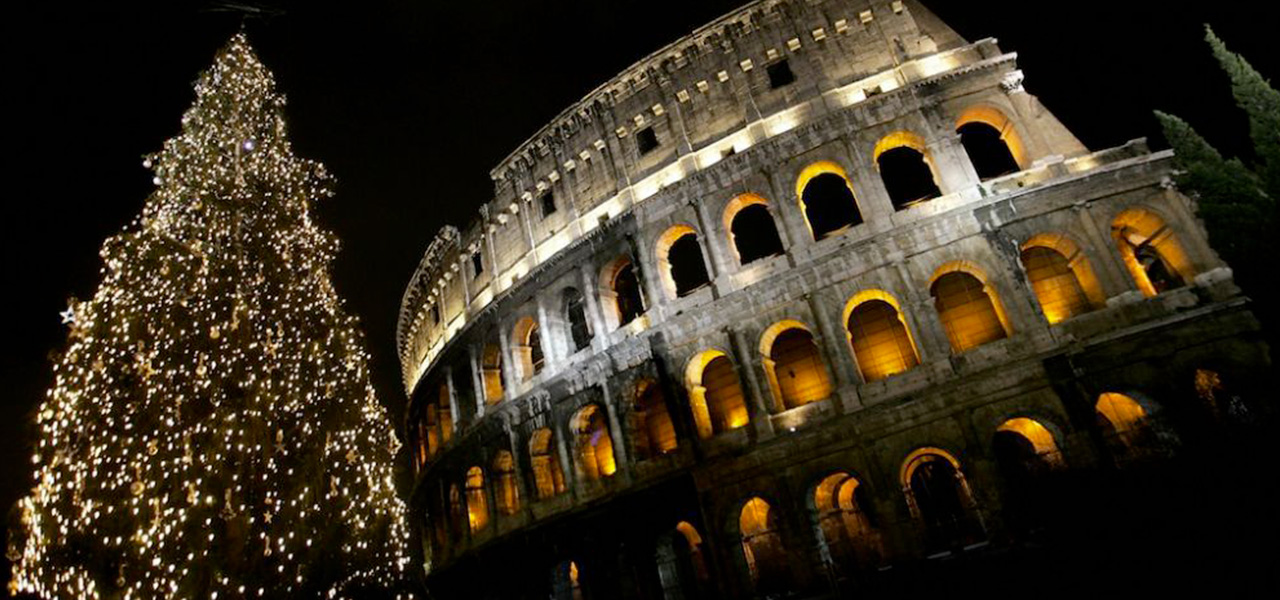Between the hunt for gifts, sweet and savory binges, cold weather and carols, the Christmas atmosphere always brings so much joy. In our musical past, there are works that celebrate this period. First, let’s do a little history. Coinciding with the birth of Opera in the 17th century, we find compositions inspired by the Nativity of Jesus, purely religious compositions, both theatrical and musical that were performed during the Advent season. These early works include “Il gran natale di Christo salvator nostro,” composed by Giovanni Battista da Gagliano and Jacopo Peri to a libretto by Jacopo Cicognini (Dec. 25, 1622) and “Per la festa del Santo Natale,” composed by Giovanni Battista Costanzi to a libretto by Metastasio (Jan. 2, 1727). In this article we have made a selection of 5 Christmas-themed operas composed between the 19th and 20th centuries.
First opera
We begin this list with an opera by Russian composer Pyotr Il’ič Tchaikovsky, “The Little Boots,” to a libretto by Jakov Petrovič Polonsky. The drama constitutes a revision of an earlier opera, also by the composer, “The Blacksmith of Vakula.” It was first performed on January 19, 1887, at the Bol’šoj Theater in Moscow. The drama traces the short story “The Night Before Christmas” (1832) by writer Nikolai Vasil’evič Gogol’ where we find the blacksmith Vakula as the main character who tries to win the heart of the icy Oksana. The main events take place on the night of Christmas Eve.
Second opera
With the next opera we again remain in Russia, with music and libretto by Nikolai Andreevič Rimsky-Korsakov, which premiered on November 28, 1895 at the Mariinsky Theater in St. Petersburg. Once again the source of inspiration is the short story “The Night Before Christmas” by Nikolai Vasil’evič Gogol’. The plots are very similar, except that Rimsky-Korsakov’s play was subjected to censorship because a member of the imperial family, Catherine II of Russia, who also appears in the short story, was represented on stage. The portrayal of a tsarina was forbidden at the time, and although the composer obtained a special permit, it was withdrawn because the portrayal of the noblewoman was not appreciated.
Third opera
With the third opera, we move to Italy at the beginning of the 20th century by analyzing Riccardo Zandonai’s “Il grillo del focolare” with a libretto by Cesare Hanau, first performed at the Politeama Chiarella in Turin on November 28, 1908. The literary source for this drama is Charles Dickens’ novella of the same name (1845).This is the third book in the collection known as the “Christmas book.” The cricket is a kind of guardian angel for the Peeribyngle family, a family related to Caleb Plummer who thinks he has lost his son, who is in love in turn with a girl who is about to marry an elderly sourpuss; in the end it all works out for the best.
Fourth opera
From Italy we move to Germany with Hans Pfitzner’s opera “The Little Elf of Christ,” to a libretto by him and Ilse von Stach. It premiered on December 11, 1917, at the Dresden Opera House. The opera is in two acts and has as its main character Elflein who asks various characters what Christmas is all about until he meets the Christ Child, together with him he discovers Christmas and the tradition of the Christmas tree, but most importantly the elf decides to sacrifice himself to save a dying child by taking his place.
Fifth opera
Finally, the last Christmas work we offer is a somewhat sui generis composition. “Amahl and the Night Visitors” is an opera by Gian Carlo Menotti to his English libretto and was the first opera specifically composed for American television. In fact, the premiere was performed at the NBC Opera Theatre on December 24, 1951 and was broadcast live on television. The play is set in Bethlehem at the time of Jesus, and the main character is a disabled child named Amahl who opens the door one evening to find the magi asking him for hospitality. The child’s mother is worried about his fate and, so, while they are all resting, she decides to steal the gold brought by the strangers. She is discovered but, learning her reasons, is forgiven. However, the woman refuses to keep the gold, and eventually Amahl is healed and decides to go with the Magi to see the baby Jesus.
This is just a small selection of the operas set at Christmas, we hope we have intrigued you to listen to them and all that remains is to wish you a happy holiday season!


